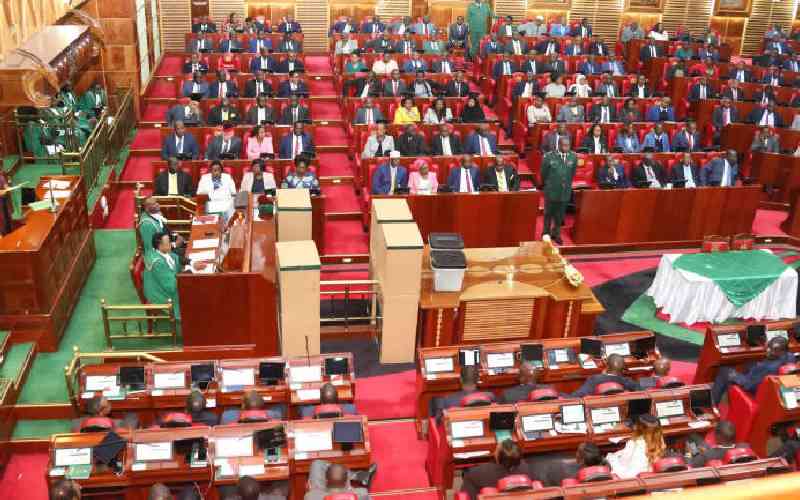×
The Standard e-Paper
Fearless, Trusted News

There are many Kenyans who miss Daniel Moi's days in power - more so as the late president's sharp political predictions come to pass.
The professor of politics once warned that 'siasa mbaya maisha mbaya'. In his estimation, reckless leadership breeds misery. In light of recent events, few would doubt the veracity of Moi's caution.